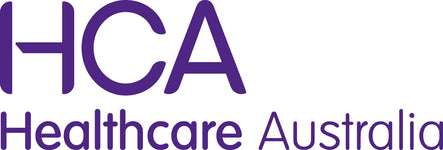Changes to ACFI validation - how to reduce your risk
We don’t over-claim, so we should be okay? Right?
Our position is that national downgrade rate is not because of fraudulent activity, but largely because of administration, lack of supporting evidence or a misinterpretation of the guidelines… and that it’s entirely preventable.
Below are some system related issues that might help identify if there’s any risk that should be addressed:
- Residents eat their meals in their rooms
- There is no living document of all residents receiving complex health care procedures
- There is no documented process regarding a specific order of charting and clinical assessments
- Care plans are not reviewed in their entirety and updated prior to submission
- Q11 Medication and Q12 Complex Health Care claims are a mathematical impossibility
- Assessments and supporting evidence are not printed out at the time of appraisal
- Pain management claims include application of heat packs for 20 minutes per week
- There’s been previous question downgrades (even if there was no financial decrease)
One single-category downgrade in the ADLs domain can be a reduction in annual funding of over $15,000 (and could be entirely preventable).
If you are looking to reinforce your ACFI skills and give yourself or your team a refresher without too much hassle, you might want to consider our ACFI Bundle of online courses which include the following 13 modules.
Click here to view the full course list.
Courses include:
- ACFI Basics
- ACFI Activities of Daily Living
- ACFI Cognition and Behaviours
- How to accurately complete the PAS (Psychogeriatric Assessment Scales)
- ACFI Cornell Scale for Depression in Dementia (CSSD)
- ACFI Complex Health Care
- ACFI Recording and Documentation for Carers and Enrolled Nurses
- ACFI Business Rules and Planning
- How to complete an ACFI Appraisal Pack
- ACFI Validation Trends and Changes
- Safe and Effective use of Heat Packs
- Test Your ACFI Knowledge Part 1 – Clinician
- Test Your ACFI Knowledge part 2 – Coordinator
